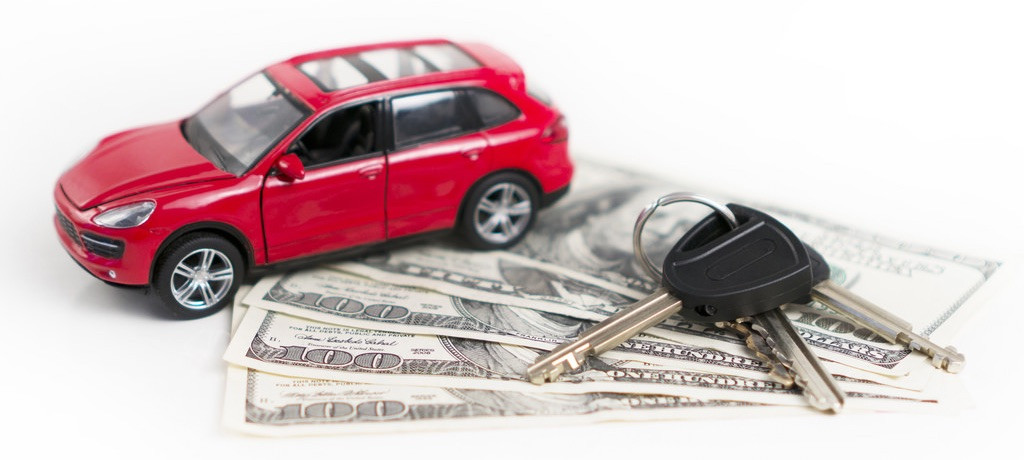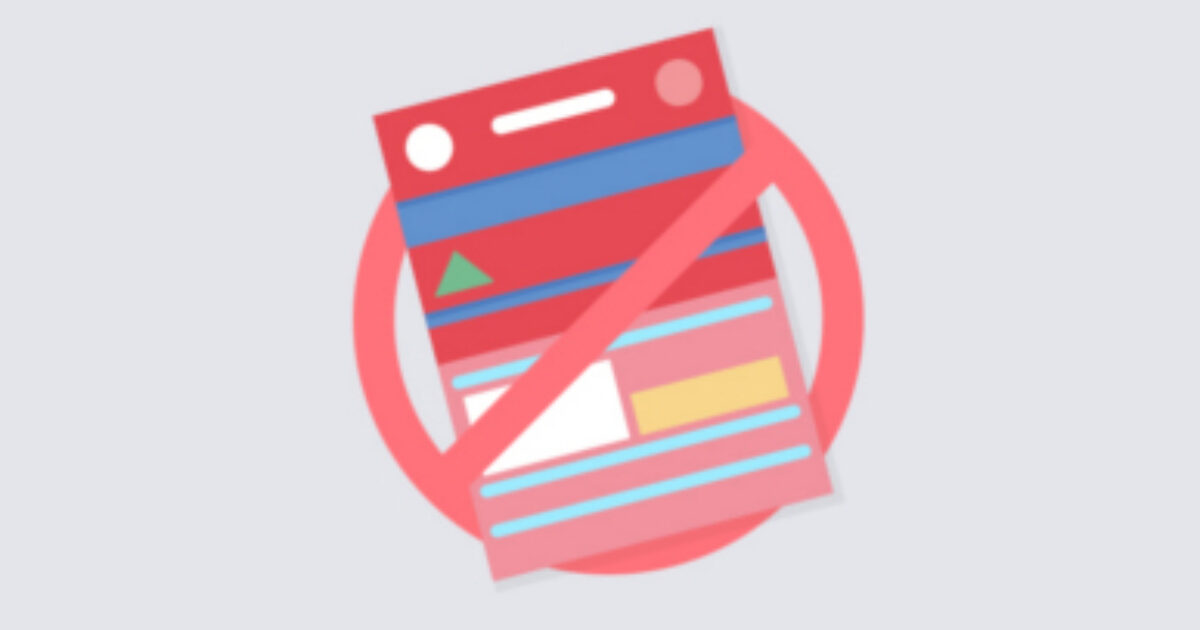What is car depreciation? Well, it’s basically what it says on the tin. It’s all about your car’s market value. From the moment you drive your new car away from the dealership or wherever you bought it from it begins to depreciate in value.
The term depreciation just simply refers to the difference between how much your car is worth from when you bought it, to how much it will be worth if you were to sell it now. So once you’ve paid out a fortune for your car’s fuel, depreciation is the next biggest cost that you’ll have to worry about.
To find out more and what you can do to improve your car’s depreciation rate, then stay tuned.
How does it work?
Essentially, once you buy a car it gradually becomes worth less and less once it has been used, which can make it more difficult to sell in some cases. For new cars, this is where you’ll tend to see the biggest drop in value. This is because the majority of depreciation will occur over the first 8-10 years. It’s at this point that your car would have dropped in value and is most likely to be the lowest in terms of how much its worth.
Generally, your car’s depreciation rate will slow down with age. So if you buy a new car, it instantly loses value as soon as you drive it off the forecourt and by the end of the first year, your new car would have lost around 40% of its value! Crazy we know! Although this does vary and in some cases, depending on your car, you could just lose as little as 10%, if you’re lucky.
Mileage is an important factor to take into account when looking at a car’s depreciation. For example, if you did 10,000 miles a year, your average car would have lost around 60% of its value by the end of its third year. So if you’re thinking about buying a new car, maybe you should consider getting one that’s already been around the block a bit. If you were to get yourself a used car that was more than three years old, yes you might not have all the latest technology, but at least you won’t lose so much in value. Of course, though, you’ll only get better value if the mileage is considered to be low and under about 10,000 miles per year.
And by the time your car reaches over eight years old, it’s practically done all the depreciating that it can do, which is good news. It’s at this point that you might find that just what might be a one-off repair bill, could actually cost more than a year’s depreciation would have done on a new car.
How fast your car will depreciate
If you’re curious and want to find out just how quickly or slowly your car will depreciate in value, then it’s simple. Just have a little research.
You don’t need to go really in-depth with your research just a little search on the internet will do nicely. In doing this, you’ll be able to find out which brands tend to suffer the most depreciation.
If you check out some automotive and news websites, you’ll be able to get a rough idea of the worst cars that tend to have a poor depreciate rate. This should then give you an idea as to which cars are the good ones and would be a good choice for your next car.

Let’s look at the averages for car depreciation
Did you know that the lifespan of a car can be up to 20 years? If you didn’t then you do now.
You’re probably already aware of this but just in case, there are so many contributing factors that affect the rate of car depreciation.
Car depreciation can vary depending on the range of models and manufacturers but here’s a brief rundown of what to expect.
- Year 1: 15 – 35% depreciation. 65 – 85% of the original value.
- Year 3: 40 – 60% depreciation. 40 – 65% of the original value.
- Year 5: 60 – 70% depreciation. 30 – 40 % of the original value.
- Year 8-10: 80% depreciation. 20% of the original value.
As you can see the hardest hit for a car’s depreciation is in the first year. By the end of the first decade, a car will have reached its lowest point in terms of value and depreciation. Once this happens and a car reaches this point, generally, prices will then just stay the same.
What are the different factors?
So what are the various different factors that can affect how much your car is worth? Believe it or not, there are actually quite a few, some of which you might not have even thought about.
- Mileage: Your car’s mileage is definitely one of the most important factors and is up there at the top of the list when it comes to purchasing a car. As you’re probably already aware, the more mileage on the clock, then the less the car is worth.
- Brand and model: Buying a car that has a brand with a good reputation is more than a good idea. If you buy a car from an unpopular brand, this will potentially limit any future buyers when it comes to selling your car. However, buy a car with a good reputation and strong demand, it’s likely that this will depreciate at a lesser rate.
- Previous owners: If your car has been around the block a bit and has had multiple different owners then this could mean that it’s potential issues in the past and that you’ll have to trust more than one previous owner.
- Fuel: Buy a small and more fuel-efficient car, then it will more than likely depreciate less.
- Size and cost: If you opt for a larger car like an SUV, they will cost more to buy, which means that their value has further to fall. They also tend to cost more in fuel and repairs. So it looks like smaller cars could be one for the win.

How to minimise your car’s depreciation
But what can you do to help reduce your car’s depreciation rate? Well, it’s quite simple really. Just look after your car. Take time to care for it as this will work in your favour later down the line and could help you to lose less money when the time comes to sell. Here are just a few tips on how you could minimise your car’s depreciation:
- Keep your mileage down if you can
- Keep your car clean and in good condition
- Maintain your car as best you can and in accordance with your manufacturer’s schedule
- Keep any service records
- Try to avoid any MOT failures if you can and check beforehand for any faults
Which cars depreciate the least?
If you know your cars and you’re familiar with the industry, then it’s a good idea to keep a lookout to see which manufacturers and models are in high demand. Depending on what your budget is when you’re looking for a new car, may affect how quickly or slowly that your car depreciates.
For example, if you have a high budget, then you’re probably going to have a good look at a Ferrari or a Bentley for your next car if you want to be flash. You’ll find that it’s models like these that are generally considered to be some of the best-performing cars for depreciation. Porche Range Rover and Mercedes are more than likely going to be up there too.
If you have a good, strong brand that has some of the best-performing cars in terms of depreciation, then you’re on to a winner really.
However, if you don’t have that sort of budget for any of the cars named above, then you’re probably looking at retaining approximately 70% of the purchase price after a couple of years from when you’ve purchased it.
So if you’ve got a standard budget, that’s standard enough not to be able to afford a Ferrari, then you’re probably best looking at the brands that would help you to minimise depreciation such as the likes of Audi, Volkswagen and MINI.
There are loads of different models to choose from when considering an Audi, you can’t really go wrong with them. It’s the same with Volkswagen and MINI too.
Which cars depreciate the most?
Whether you like it or not, your car will depreciate over the years. But, wouldn’t it be good if you could slow down your car’s depreciation by buying a car that didn’t depreciate as quickly as others.
We’ve discussed some of the best cars that depreciate the least above, and now, here are just some of the are the cars that you’ll want to try and avoid if you’re about to purchase a new one.
For example, your French carmakers such as, Citroen, and you Peugeot hatchback, cars which perform quite badly in depreciation yet still try to compete against some of the top dogs such as Volkswagen and Audi. If you were to buy one of these French cars, you’d be setting yourself up for at least 75% of the value of the car to depreciate over around 3 years and that’s not even the worst part. The worst part is that you’d lose probably more than 60% of your car’s value within the first year.
Other cars that seem to struggle when it comes to depreciation are Fiat and Alfa Romeo. These cars are good cars but sadly they just depreciate far too quickly and after a year of having one of these cars, you could lose around 60% of its purchase price.
So basically, if you bought a car from any of these manufacturers, your car would lose so much of its value, simply because other manufacturers who are considered to be rivals just hold their value much better.
Experts at All Car Leasing say that; “the leasing industry is built on calculating the rate of depreciation because generally, the rental price covers what the car will lose in value over the contract period. Vehicles that depreciate faster tend to be luxurious and expensive vehicles, vehicles that are in abundance but also not cutting-edge and vehicles which have a low-reliability index and expensive repair costs.
Brands such as Audi, BMW and Mercedes are always desirable because they use the latest technologies in the market and age well with time, however, brands such as Vauxhall which aim for the budget consumer are not cutting-edge at the time and therefore won’t be later on so they are less desirable as a used car and have lost most of their value.
Brands that are not ranked well in terms of their reliability also suffer from rapid depreciation as consumers are aware it could cost them more in the long turn, examples of these are Maserati, Bentley, Aston Martin and Porsche.
Lastly, manufacturers who use rapidly moving technologies such as electrics and hybrids suffer from their technology becoming obsolete quickly – those in firing lines are BMW (i3 and i8), Tesla and Nissan (Leaf). Diesels and Petrols hold their value better because very little changes in the way they work in comparison to electric.”

Car depreciation is important when buying or selling a car
Car depreciation has got to be one of the second biggest costs of buying a car, the first being fuel of course. Choosing the right car is the key as if you choose badly, this can affect you later down the line when it comes to repairs and other expenses.
Now that we know that car depreciation over the first 3 years is quite dramatic, this means that you can lose thousands of pounds and you don’t even realise it. How shocking is that?
So, if you find yourself buying a new car, you should definitely be thinking about depreciation. From the moment you drive your new car away from wherever you’ve purchased it from, that’s when your car’s value begins to decrease. As sad as that sounds, unfortunately, it’s the truth.
Although your car’s depreciation within the first year can vary between 30-40%, this can also change a lot too and could be less if you’re tactical and choose your new car wisely.
But don’t worry, it’s not all doom and gloom when it comes to buying a new car. There are a number of benefits when buying a car. If you purchase a brand new one, that’s under a year old perhaps, then that initial depreciation might be worth it. Whereas if you were to buy an old car that’s more than 8 years old, you might end up forking out more for your maintenance and running costs.
Our top tip is to just think carefully and figure out which models and brands are good for low depreciation. You’ll probably want to stay away from those that will mean that you’ll be spending more on.
If you find that your car has just depreciated that much in both its age and mileage and you think its value is just too close to zero, you might be thinking about scrapping your car altogether and just getting rid of it altogether. If that’s the case then you’ll be glad to hear that we can help take it off your hands for you. All you have to do is enter your reg number here and we’ll get you your FREE instant valuation today.


